Lords report
House of Lords report on Olympic legacy
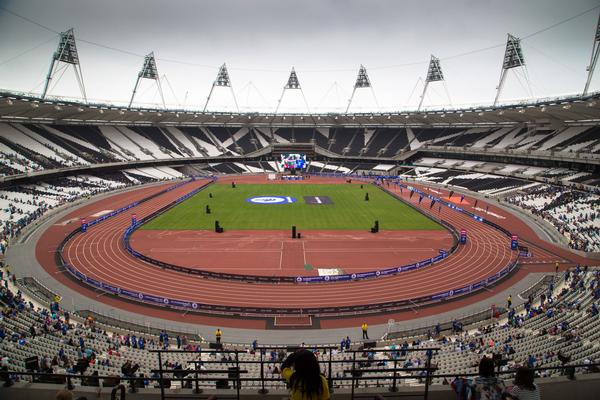
The UK government needs to provide clear, strong leadership and appoint a minister with responsibility for producing legacy benefits – or the positive effects of hosting the London 2012 Olympic Games could be lost. That is the key message of the final report by the House of Lords Select Committee on Olympic and Paralympic Legacy. It also calls for strong and sustained cross-party co-operation to ensure lasting benefits and for different government departments to work more closely with each other on legacy matters.
Worryingly, the report – entitled Keeping the flame alive; the Olympic and Paralympic Legacy – finds “little evidence” of increased participation in sport and states that there has been an uneven distribution of economic benefits of the Games across the UK.
There was also criticism of UK Sport’s “no compromise” approach to funding Olympic and Paralympic sports – stating that it will lead to a growing gap between the sports which already do well and those which have little realistic prospect of developing in the next few years. Here, we speak to key industry figures on the findings, as well as Lord Harris of Haringey, the chair of the Lords Select Committee.
Boris Johnson ,
Mayor of London,
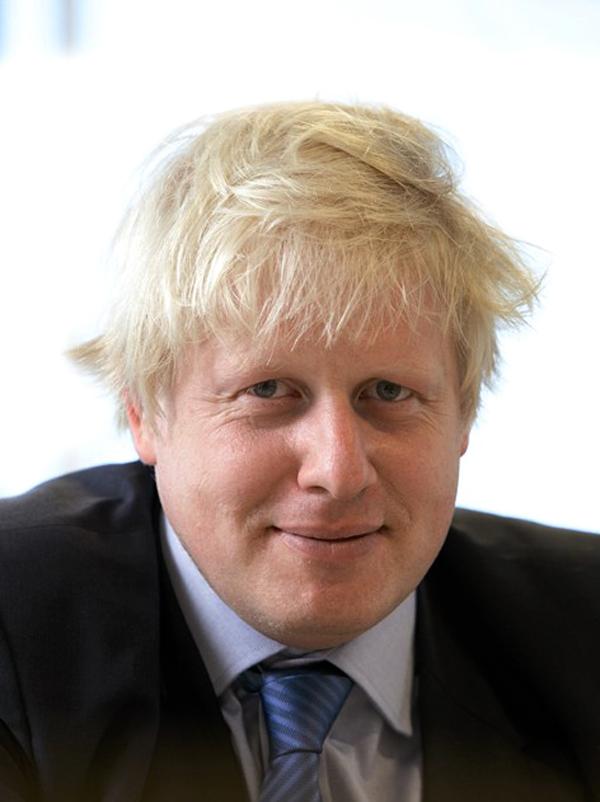
London’s Olympic and Paralympic legacy planning has been recognised as a blueprint for future host cities; and we are on track to succeed where virtually no other host city has, by delivering a long-lasting legacy for Londoners.
The legacy of London 2012 means we have secured £11bn worth of economic benefit to the UK in just 18 months, a target achieved two and a half years ahead of schedule. We have already secured the long-term future of all eight Olympic and Paralympic venues. The former Olympic stadium’s status as a multi-use venue, anchored by football, but home to some of the world’s biggest sporting events, is unparalleled in Olympic legacy history.
We also welcome the recent call for the Mayoralty to have stronger powers to lead on the delivery of regeneration in east London. Regeneration and the legacy from the Games is delivering 11,000 new homes and 10,000 jobs in the Olympic Park, £6.5bn of investment in transport, a record number of overseas tourists visiting London and the skills and work experience for 70,000 Londoners from under-represented groups needed in the pursuit of jobs in the future.
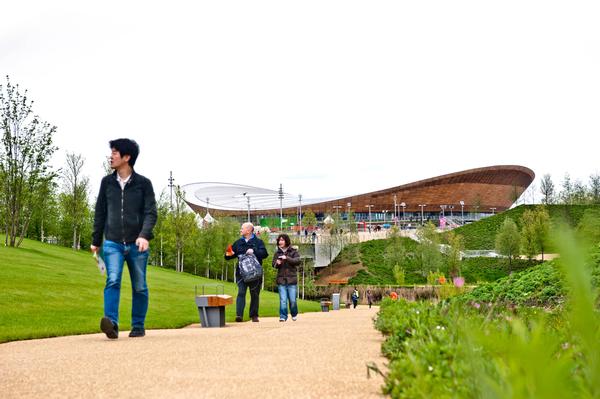
Liz Nicholl,
CEO,
UK Sport

British Olympic and Paralympic high performance sport is in a better position than ever before, thanks to the on-going record investment we’ve received from the government and The National Lottery.
UK Sport is responsible and accountable for investing the right resources, in the right athletes and sports, for the right reasons, to develop the performance system which will secure the medals to make the nation proud.
We invest to create winners; British Olympic and Paralympic medallists that the entire nation can unite behind. We’re committed to an ambitious goal for Rio, to become the first nation to be more successful in both Olympic and Paralympic Games post hosting, by winning more medals and delivering a stronger, more sustainable system for high performance sport in the UK to support and inspire the next generation of athletes.
Our investment decisions are aligned behind this goal and to ensure that they are fair and transparent, we’ve published Investment Principles which are applied to individual and team sports on a meritocratic basis focused on future medal potential. UK Sport is determined to support all sports and athletes with realistic medal potential throughout all future Olympics – summer and winter.
Our view is that our ‘no compromise’ approach to investment, which has led to the transformation of our athletes’ performances at Olympic and Paralympic Games over the past 15 years, is fundamental to ensuring we continue this success. To abandon this now, and effectively dilute our focus, would enable other nations, who want to replicate our success, to seize upon the opportunity.
Lord Toby Harris,
Chair,
Olympic and Paralympic Legacy Committee
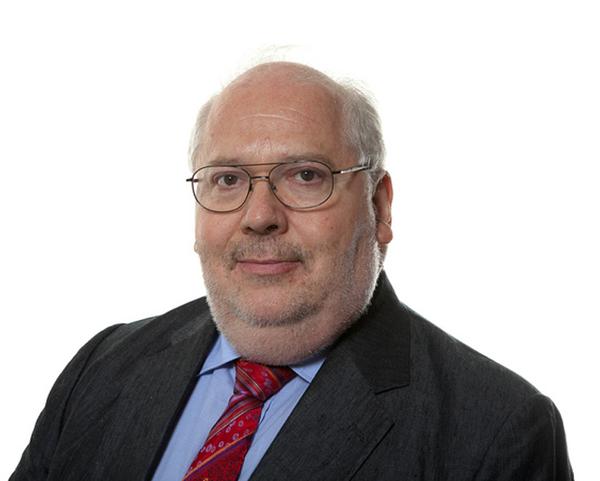
Over the last six months the Lords’ Select Committee on the Olympic and Paralympic Legacy held 33 evidence sessions, heard from 53 witnesses and took written submissions from 67 organisations and individuals. Our report (with 41 recommendations) was published last month.
So what are our main conclusions? The Games themselves were an outstanding success, exceeding expectations and confounding the sceptics. The success, however, was only delivered through incredible co-operation between the numerous organisations involved, the host borough councils and virtually every government department. Since the Games the same political impetus and the imperative of a deadline no longer exist. As a result many aspects of the legacy are in danger of faltering and some have already fallen by the wayside. There is a lack of ownership and leadership.
That is why we recommended that a single cabinet-level minister is given overall responsibility for all strands of the legacy across the United Kingdom. Only someone with senior clout will be able to bang heads together across different departments; like education with its role in school sport and funding; health, which is supposed to be getting us all more active and healthier; DCMS with its responsibility for the sports governing bodies. Then there all the departments which should be working to deliver the economic benefits not only in London but across the country.
In London itself, the office of Mayor should be given unambiguous responsibility for holding and taking forward the vision for East London and the developments in the Olympic Park and the surrounding area.
As far as sports participation is concerned, the step-change improvement hoped for did not occur. If anything, the slow steady improvement seen since 2005 has faltered. Facilities at grassroots level need to be improved and we received much evidence telling us that the scrapping of School Sports Partnerships was a big mistake.
We hunted for white elephants among the facilities created for the Games. We didn’t find them. However, the unseemly squabbling of West Ham and Leyton Orient over the Olympic Stadium was most unedifying and it is important that more effort is made to ensure that the investment in this national asset is put to good use with maximum possible community use – including possibly by the football club that was unsuccessful in the bid process.
The improvement in participation hoped for did not occur
Nick Bitel,
Chair ,
Sport England

Last year’s Olympic and Paralympic Games were a huge success and off the back of this we have achieved something that no other host nation has ever done – to increase the number of people playing sport regularly. Our latest sports participation survey – the largest of its kind in Europe – shows that 15.5 million people are playing sport once a week, every week, an increase of more than 1.5 million since London won the bid to host the Games. When figures were published in June they showed a small dip reflecting the exceptionally cold winter when icy roads and waterlogged pitches kept people at home. The latest Active People Survey figures indicate that once the snow had cleared, people got back on their bikes and put on their trainers.
We’re also very pleased that a record number of disabled people and people of BME origin now play sport each week, testament both to the impact of the Paralympic Games and Sport England’s increased investment in the grassroots.
Although the data shows record participation numbers for many areas, we can’t be complacent. There is still more to be done. Our latest figures show that the numbers of 16-25-year-olds playing sport has declined by 51,000 over the last year to 3.74 million. While this means the majority of this age group still play sport regularly, the numbers are not going up. We’ve seen a sharp drop in the popularity of traditional sports like football and netball, and an increased interest in less traditional sporting activities from dance to dodgeball. We must refocus our efforts and respond to these trends.
John Steele,
Chief executive,
Youth Sport Trust
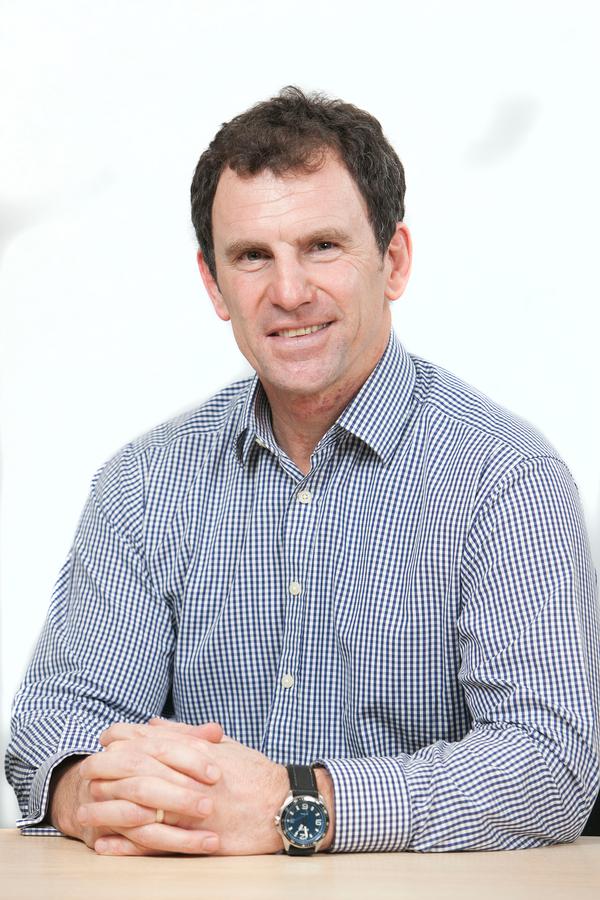
For many people involved in sport, ‘legacy’ is a word much used but little understood. Everybody likes to talk about it, but try and pin down a simple definition of what legacy is, and you run into problems.
At the Youth Sport Trust we’re clear that meaningful legacy must centre on building on London 2012’s promise to inspire a generation. There’s no doubt that the Games gripped young minds across the nation, however, for us, it runs much deeper than a spike in interest, or even a bounce in sporting participation.
If we are to deliver sustainable change we need to make a difference where it really matters – in primary schools. The House of Lords legacy report certainly recognises the importance of investing in primary school teachers, which is something the YTS has championed for some time. The government’s funding for primary school sporting provision is definitely a step in the right direction. However, if we are to build a sustainable future for school sport, we need to ensure that teachers are equipped to deliver high quality PE and raise levels of physical literacy.
Delivering high quality PE should not be underestimated and must be viewed as important as literacy and numeracy. To make this happen requires excellent teaching, but we know that half of all primary teachers receive less than 10 hours of PE training when studying – with many subsequently lacking the confidence and competence to deliver high quality PE. As a result, we’re at risk of failing to equip an entire generation with the physical literacy skills – running, jumping and catching – that young people need to have a happy and healthy life.

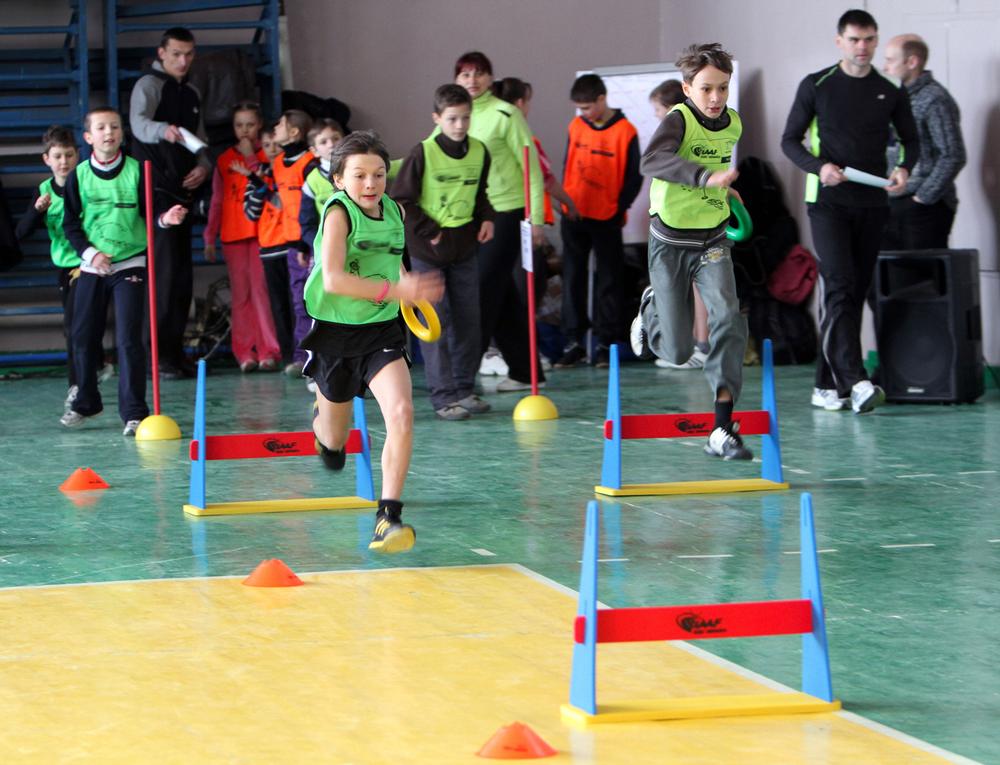
Team Leader (Harrow School Fitness Club)
Centre Manager (Leisure)
Director of Operations
Fitness Motivator
Recreation Assistant/Lifeguard (NPLQ required)
Membership Manager
Recreation Assistant
Swim Teacher
Swim Teacher
Chief Executive Officer, Mount Batten Centre
Swim Teacher
Swimming Teacher
Swimming Teacher
Company profile

Featured Supplier

Property & Tenders
Company: Knight Frank
Company: Belvoir Castle
Company: AVISON YOUNG
Company: London Borough of Bexley
Company: Forestry England














